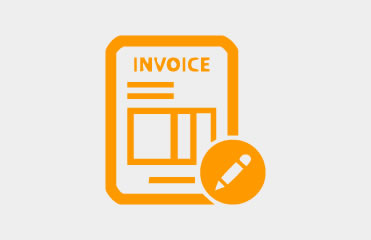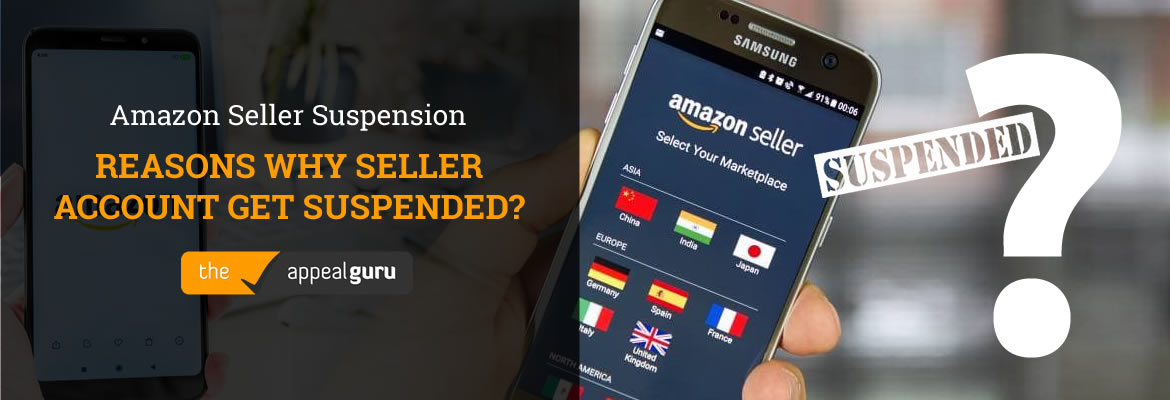Have you received an Amazon seller suspension out of the blue? We know it’s a nightmare for all the sellers, especially those who make their living through this popular marketplace in the world. Every day over, thousands of sellers face suspension. It can happen to anyone as, at times, Amazon doesn’t even state a solid reason for the suspension. No one wants to ruin their reputation that was earned with much hard work and dedication.
This article will talk about everything you need to know about Amazon seller suspension. Starting from what exactly it means to get suspended to the reasons causing it and also the ways to avoid it.
What does Amazon seller suspension exactly mean?
When an Amazon seller account gets suspended, it stops the seller from selling on its marketplace. At times, this global marketplace can block you from selling your entire product listings or only some specific products on Amazon.
At first, Amazon will notify you over email that your account has been suspended, stating the reasons as well. After receiving the notification, you can proceed forward to file your appeal. Next, you will create plans of action, which literally means filing an appeal. Now Amazon may or may not accept your appeal. If your appeal is denied, Amazon will ban you then and there.
Amazon seller suspension is genuinely a dreadful experience. But fret not, as there are ways to get past this problem. We at The Appeal Guru are Amazon account reinstatement specialists who will put out excellent appeals that will get your account right back on track.
So, if you face such situations, get in touch with us for a quick and reliable solution.
Reason for Amazon Seller suspension
Your decreased seller performance
This holds to be one of the common reasons to get a suspension. Amazon analyzes all its sellers’ performances from time to time. They conduct this analysis to find out those sellers who use this huge marketplace to gain visibility but fail to perform well. The sellers with many negative reviews, complaints about delayed deliveries, delayed merchant response, etc., will significantly impact their seller performance.
Policy violations
Sellers on Amazon are required to read their policies thoroughly. Failure to do so will put you in trouble as you may not be aware of some rules and regulations, hence breaking the policies. In other words, Amazon sellers will have to mandatorily go through the entire policies before starting their business on this vast platform. In any case, if sellers violate their policies, their seller accounts will be suspended.
Selling fraud/counterfeit products.
Integrity is the prime core value of any business that aims to prosper in the long run. If the sellers try to counterfeit goods and sell fraudulent products to their customers, then Amazon can suspend them to protect their identity in the market.
Some other reasons that can cause an account suspension include:
- One or more accounts under one person
- Too many customers giving negative feedback
- High order defect rate
- Customers complain about safety
- Selling of used or expired products
What can you do to get your Amazon Seller account back?

Do not panic

Never rush to send your appeal.

Be extremely professional

Never try to open a new account

Avoid sending numerous follow-up emails

Have a plan of action

Modifying invoices is a clear NO
What can you do to avoid Amazon seller suspension?
If you already have received a suspension and got reinstated, then learn from your previous experiences. Pay attention to how you got it reinstated.
Next, watch your customer feedback on a regular basis. Too much negative customer feedback should be taken seriously. You can work towards those satisfactory elements of your business. If you haven’t received enough feedback, then ask your customers to provide their feedback.
As an Amazon seller, you must never sell restricted products to your customers. You must follow Amazon’s guidelines on the type of products you can list.
You are also required to pay special attention to fulfilling the orders, optimizing your listings, putting the right descriptions, maintaining the stocks, and more. These steps are essential to maintaining your overall account health. Sellers must also read the Amazon policies.
What does a plan of action (POA) mean?
POA is an appeal letter wherein you will explain how you are planning to resolve the current problem. Your plan of action determines whether the suspension posed on your account should be lifted or not. POA consists of the following parts:
- An introductory paragraph where you explain yourself and your business. You will also include the details of the products that you sell along with an explanation of why your account has got suspended.
- Then comes the description part, where you give an extensive description of the root cause of your issue.
- Thirdly, you will write an action plan that will contain the steps you are planning to take to resolve the problem. It is important that you take complete ownership of the problem, even if you are innocent.
- Lastly, conclude by repeating all the steps again and politely requesting them to reinstate your account.
What not to include in your POA?
- Make sure to keep it brief
- Be on point and convey your message clear and concise
- Take full responsibility, even if you haven’t done anything
- Do not sound emotional. Maintain a neutral and objective tone.
Once your appeal is ready, all you have to do is go to your suspension notice and click on the appeal button below. A form appears wherein you will have to fill of the details of your POA. Once done, hit submit and wait for the response from the Amazon team. Time taken for the Amazon team to respond may range from 48 hours to even 1-2 months in some cases. So being optimistic and maintaining your patience is the key here.
If you feel stuck or find it difficult to write a successful plan of action, then worry not. As we are here to help you. We at The Appeal Guru are one of the pioneers in this sector and have helped thousands of sellers in the reinstatement of their accounts.
Contact us for more information.





